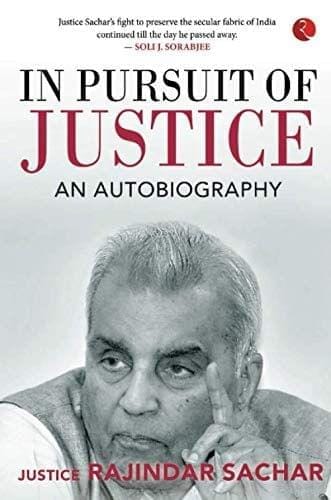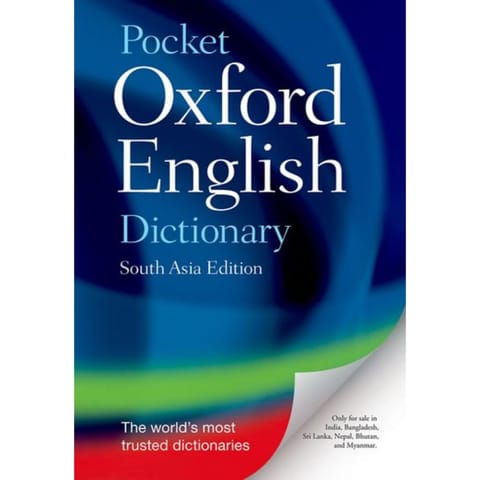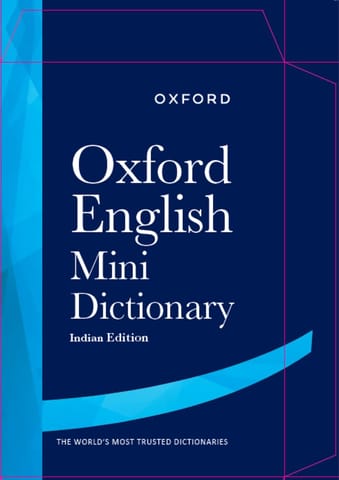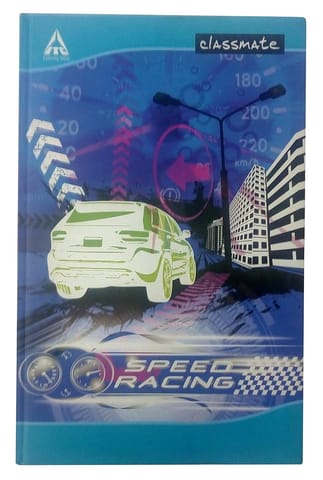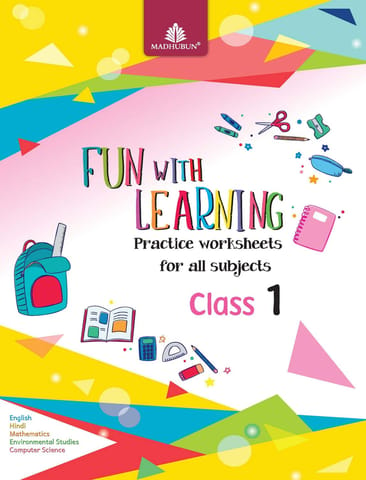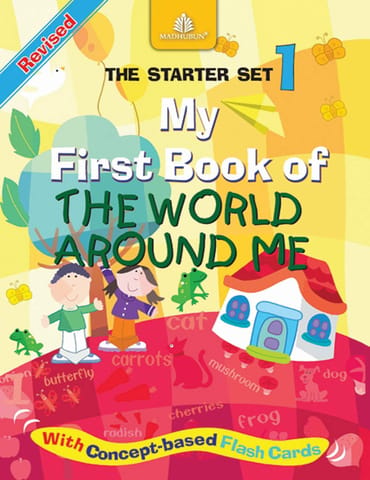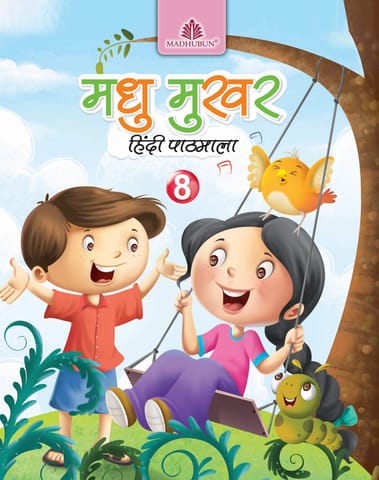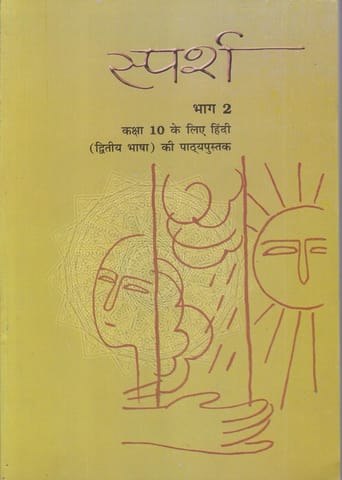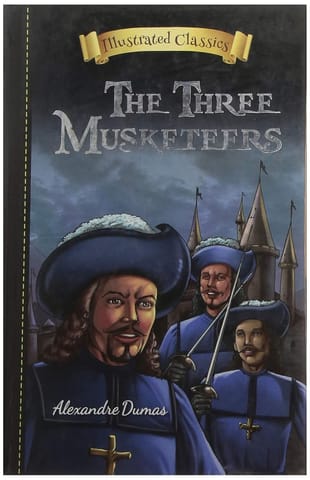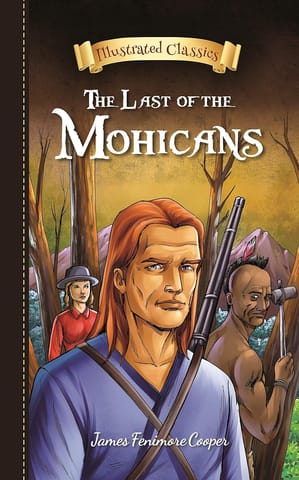true
"VV Square"building, Plot.No.TS 710/1b1 & 2B1, CMC Ward No 18, Moka road, Gandhinagar, Ballari-583 101. 583101 Bellari IN
Best Residential School And College Bellary
"VV Square"building, Plot.No.TS 710/1b1 & 2B1, CMC Ward No 18, Moka road, Gandhinagar, Ballari-583 101. Bellari, IN
+918050151380 https://www.trendypaper.com/s/5b1a00c581a9afd8ff765190/ms.settings/5256837ccc4abf1d39000001/5b928defbda50e15d4c76434-480x480.png" [email protected]9789390356676- 6381edf68bfd4e9c5094ceb3 In Pursuit Of Justice (Hb) https://www.trendypaper.com/s/5b1a00c581a9afd8ff765190/662ce252d76877faecffda80/9390356989-01-_sclzzzzzzz_sx500_.jpg The story of a great jurist who was an even greater human being. Justice Rajindar Sachar was a socialist, an egalitarian, a defender of civil liberties, a deeply engaged citizen of India, and, above all, a humanist. A man who believed in standing for the last man in the line, he was 'armed' with a moral compass that never wavered. Born into an influential family from Lahore in 1923, he witnessed the pain of Partition. Yet, amazingly, he never bore any animosity towards Pakistan or its people. Son of Bhimsen Sachar, a prominent Congressman and Gandhian in pre-Partition Punjab and Chief Minister of Punjab post-1947, Rajindar did not disclose his famous surname during his early life to ensure people would not give him special treatment. He joined the Delhi High Court in 1970 but was transferred out of Delhi for voicing his opposition to the Emergency. During those dark days he shared a close bond with Justice H.R. Khanna, the lone voice of dissent in a Supreme Court that chose to side with Indira Gandhi. Brought back to Delhi after the Emergency, he rose to become the Chief Justice of the Delhi High Court. Post-retirement, Sachar helmed the People's Union for Civil Liberties for many years. However, what Justice Rajindar Sachar is most-remembered for is the Sachar Committee Report (2006) which documented the social and economic condition of Muslims in India. The Report drew both praise and criticism, with some radical elements even threatening to send him back to Pakistan. However, his fight to preserve the secular fabric of India continued till the day he died. His autobiography comes at a critical time when India's democracy is under siege from within.
Relevant Links:
The Closure Books Online, Indian Business Environment Books Online, Mapology Dino Quest Tyrannosaurus Rex Mosasaurus And Ankylosaurus Books Online, Harish Sharma Books Online, Communicative English I Books Online, Madhura Kai Bahara Copy Writing Book 2 Books Online, Secrets Of Droon 1 The Hidden Stairs An Books Online, Rachit Ghate Mark Books Online, Together With Jharna Work Book For Class 4 Books Online 9789390356676-
Relevant Links:
The Closure Books Online, Indian Business Environment Books Online, Mapology Dino Quest Tyrannosaurus Rex Mosasaurus And Ankylosaurus Books Online, Harish Sharma Books Online, Communicative English I Books Online, Madhura Kai Bahara Copy Writing Book 2 Books Online, Secrets Of Droon 1 The Hidden Stairs An Books Online, Rachit Ghate Mark Books Online, Together With Jharna Work Book For Class 4 Books Online 9789390356676-
in stockINR 695
Rupa Publications
1 1
Email ID already exists!
Your Current password is incorrect
Password Updated Successfully
Thanks for your Feedback
- Home
- Non Fiction
- Reading Books
- In Pursuit Of Justice (Hb)
In Pursuit Of Justice (Hb)
Author: Justice Rajindar Sachar
Brand: Rupa Publications
ISBN: 9789390356676-
₹695
Sold By: trendypaper
| VARIANT | SELLER | PRICE | QUANTITY |
|---|
Description of product
The story of a great jurist who was an even greater human being. Justice Rajindar Sachar was a socialist, an egalitarian, a defender of civil liberties, a deeply engaged citizen of India, and, above all, a humanist. A man who believed in standing for the last man in the line, he was 'armed' with a moral compass that never wavered. Born into an influential family from Lahore in 1923, he witnessed the pain of Partition. Yet, amazingly, he never bore any animosity towards Pakistan or its people. Son of Bhimsen Sachar, a prominent Congressman and Gandhian in pre-Partition Punjab and Chief Minister of Punjab post-1947, Rajindar did not disclose his famous surname during his early life to ensure people would not give him special treatment. He joined the Delhi High Court in 1970 but was transferred out of Delhi for voicing his opposition to the Emergency. During those dark days he shared a close bond with Justice H.R. Khanna, the lone voice of dissent in a Supreme Court that chose to side with Indira Gandhi. Brought back to Delhi after the Emergency, he rose to become the Chief Justice of the Delhi High Court. Post-retirement, Sachar helmed the People's Union for Civil Liberties for many years. However, what Justice Rajindar Sachar is most-remembered for is the Sachar Committee Report (2006) which documented the social and economic condition of Muslims in India. The Report drew both praise and criticism, with some radical elements even threatening to send him back to Pakistan. However, his fight to preserve the secular fabric of India continued till the day he died. His autobiography comes at a critical time when India's democracy is under siege from within.
Relevant Links:
The Closure Books Online, Indian Business Environment Books Online, Mapology Dino Quest Tyrannosaurus Rex Mosasaurus And Ankylosaurus Books Online, Harish Sharma Books Online, Communicative English I Books Online, Madhura Kai Bahara Copy Writing Book 2 Books Online, Secrets Of Droon 1 The Hidden Stairs An Books Online, Rachit Ghate Mark Books Online, Together With Jharna Work Book For Class 4 Books Online
Relevant Links:
The Closure Books Online, Indian Business Environment Books Online, Mapology Dino Quest Tyrannosaurus Rex Mosasaurus And Ankylosaurus Books Online, Harish Sharma Books Online, Communicative English I Books Online, Madhura Kai Bahara Copy Writing Book 2 Books Online, Secrets Of Droon 1 The Hidden Stairs An Books Online, Rachit Ghate Mark Books Online, Together With Jharna Work Book For Class 4 Books Online
Renting Guidelines
Specification of Products
| Brand | Rupa Publications |
Related products
User reviews
INFORMATION
ADDRESS
Trubrain Education India Pvt Ltd"VV Square"building, Plot.No.TS 710/1b1 & 2B1, CMC Ward No 18, Moka road, Gandhinagar, Ballari-583 101.
Bellari
Karnataka - 583101
IN
We started Best Residential School And College in the year 2002 near Allipur, Bellary with the vision of bestowing finest quality education to everyone. We provide education to students from class one to twelve. Apart from being an ICSE affiliated school and junior college, we have hostel facility for all our students.
Our state of the art and enormous campus incorporates a library, sports club, garden and a cafeteria. Our academic programme is minutely crafted with the aim of developing our students overall character so that they can thrive in their distinct future. Students are provided nutritious meals daily prepared under hygienic conditions by a team of experienced cooks.
At our school we try to motivate our students to reach their full potential by rendering them excellent academic and value education.
Copyright © Trendypaper

